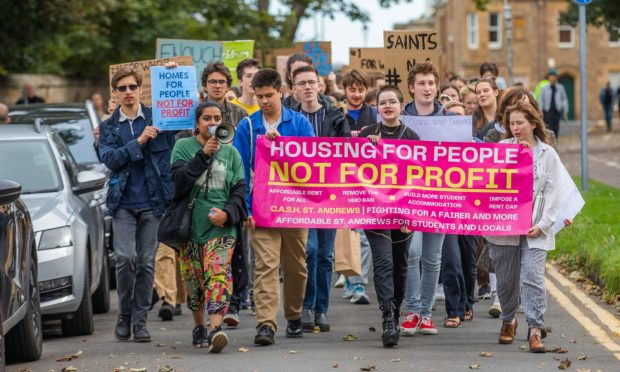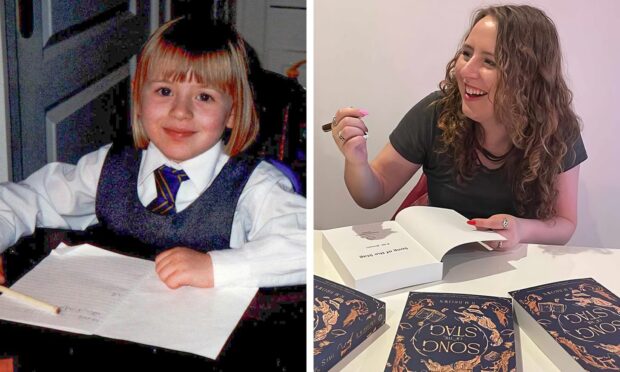People should not make important decisions on an empty stomach according to Dundee University boffins.
A study found people are more likely to make irrational decisions when they are hungry.
Scientists say hunger may cause impulsive decision-making based on short term gratification that could have a significant impact on everyday life.
Previous research has suggested shopping when hungry may lead to impulse buying and the new findings show it may have a more profound effect on non-food related choices.
The experiment, carried out by psychology lecturer Dr Benjamin Vincent found hunger may alter decison-making on financial and personal matters.
Participants in the study were asked a series of questions relating to food, money and personal rewards – first when sated and again when hungry.
It was expected the results would prove people who were hungry would be more likely to settle for a smaller food incentive to relieve their hunger but the results also highlighted hunger could impact choices unrelated to food.
The results showed hunger made contributors impatient, which affected their answers and caused them to make quicker decisions, based on short term gain.
Dr Benjamin Vincent suggests the findings could lead to vulnerable people being exploited, particularly if they are hungry as a result of poverty, which could have dangerous consequences.
He said: “We wanted to know whether being in a state of hunger had a specific effect on how you make decisions only relating to food or if it had broader effects, and this research suggests decision-making gets more present-focused when people are hungry.
“You would predict that hunger would impact people’s preferences relating to food, but it is not yet clear why people get more present-focused for completely unrelated rewards.
“We hear of children going to school without having had breakfast, many people are on calorie restriction diets, and lots of people fast for religious reasons.
“Hunger is so common that it’s important to understand the non-obvious ways in which our preferences and decisions may be affected by it.”









